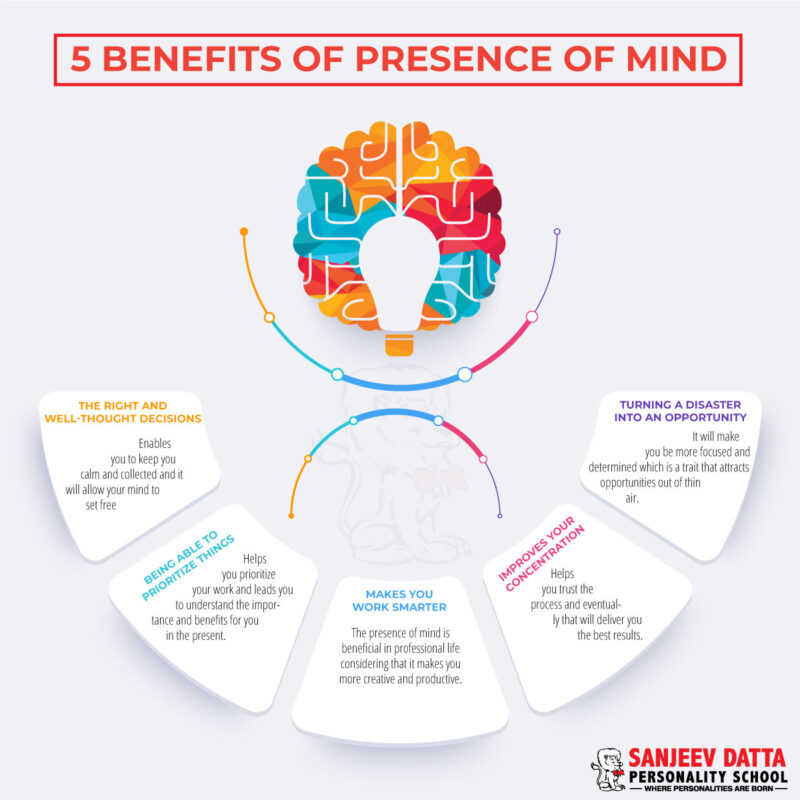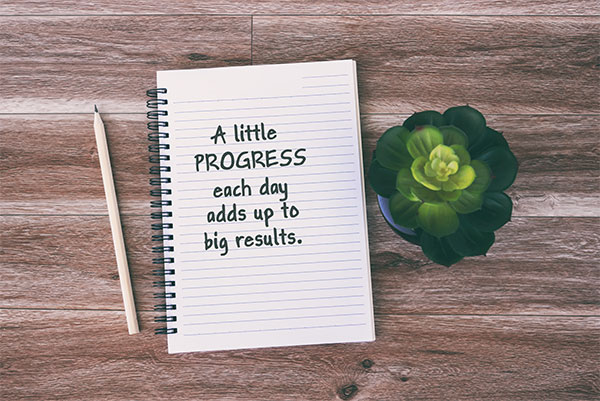In the vast tapestry of personal growth, emotional well-being forms the vibrant thread that weaves together the fabric of our lives. It is an intricate dance of self-reflection, resilience, and profound transformation. Just as an artist molds clay into a masterpiece or a composer crafts melodies that stir the soul, nurturing our emotional growth is an artistry that allows us to sculpt our inner selves into resilient beings capable of embracing life’s symphony. So, let us embark on a creative journey, where the canvas of our emotions awaits our artistic touch, and where the brushstrokes of self-awareness and the colors of self-care blend harmoniously to create a masterpiece of emotional growth. Are you ready to unleash your creative spirit and embark on this transformative adventure with these tips for emotional growth?
Tips for Emotional Growth
- Practice Self-Reflection:

Taking the time to reflect on our emotions, thoughts, and behaviors is key to emotional growth. Engage in introspective activities such as journaling, meditation, or mindfulness to develop a deeper understanding of your inner world. By regularly examining your experiences and reactions, you can identify patterns, gain insights, and make positive changes.
2. Develop Emotional Intelligence:

Emotional intelligence involves recognizing, understanding, and managing our own emotions as well as empathizing with others. Enhance your emotional intelligence by actively observing and acknowledging your feelings without judgment. Cultivate empathy by putting yourself in someone else’s shoes and seeking to understand their perspective. Developing emotional intelligence allows for healthier relationships and better communication.

3. Embrace Vulnerability:

Emotional growth often requires embracing vulnerability, allowing ourselves to be open and authentic in our interactions. Expressing vulnerability fosters genuine connections, deepens relationships, and encourages emotional growth. It takes courage to be vulnerable, but the rewards include increased self-acceptance and stronger emotional resilience.
4. Cultivate Healthy Coping Mechanisms:

For personality development for kids, developing healthy coping mechanisms is essential for emotional growth. Instead of resorting to negative habits or avoiding difficult emotions, explore constructive ways to manage stress and adversity. Partake in endeavors that bring you delight, such as pursuing hobbies, engaging in physical activity, or immersing yourself in the natural world. Engage in activities that bring you joy, such as hobbies, exercise, or spending time in nature. When necessary, reach out to dependable friends, family members, or experts for assistance.
5. Engage in Self-Compassion:

Self-compassion entails showing ourselves kindness, and empathy, and embracing who we are. Embrace your imperfections and acknowledge that everyone makes mistakes. Practice self-care by prioritizing activities that nourish your mind, body, and spirit. Treat yourself with the same compassion and care that you would extend to a dear friend.
Visit: steps to think positive thoughts
6. Cultivate Positive Relationships:

Surrounding yourself with positive, supportive individuals can greatly contribute to emotional growth. Build relationships with people who uplift and inspire you. Seek out mentors or role models who can guide and encourage your personal development. Healthy relationships provide a nurturing environment for emotional growth and offer valuable opportunities for learning and growth.
7. Embrace Change and Adaptability:

Life is filled with unexpected changes, and embracing them with an open mind can fuel emotional growth. Embrace new experiences, challenges, and perspectives, even if they seem uncomfortable at first. Cultivating adaptability helps us develop resilience and navigate life’s ups and downs with greater ease.
8. Engage in Self-Care:

Practicing self-care is crucial for emotional growth. Make self-care a priority by engaging in activities that rejuvenate and nourish your mind, body, and soul. This can include taking breaks when needed, getting enough restful sleep, maintaining a healthy diet, and engaging in activities that bring you joy and relaxation.
9. Seek Professional Help:

Sometimes, emotional growth requires professional guidance like personality grooming classes. Don’t hesitate to reach out to therapists, counselors, or coaches who specialize in emotional well-being. They can provide valuable insights, tools, and support to help you navigate through challenging emotions and experiences.
10. Embrace Mindfulness:

Incorporating mindfulness practices into your daily routine can significantly contribute to emotional growth. Mindfulness involves being fully present in the moment and observing your thoughts and feelings without judgment. Through meditation, breathing exercises, or simply practicing mindfulness in daily activities, you can cultivate a sense of calm, clarity, and self-awareness.
Visit: how to overcome social inhibition
11. Challenge Limiting Beliefs:

Identify and challenge any limiting beliefs or negative self-talk that may hinder your emotional growth. Replace them with positive affirmations and empowering beliefs. Recognize that you can grow, change, and overcome obstacles. Embracing a growth mindset can open up new possibilities for personal and emotional development.
12. Foster Gratitude:

Cultivating gratitude has a profound impact on emotional well-being. Devote a portion of your daily routine to pondering the elements in your life that inspire gratitude. By doing so, you redirect your attention towards the favorable facets of existence, nurturing a feeling of satisfaction and fortitude. Consider keeping a gratitude journal or sharing your appreciation with others to amplify its effects.
Visit: self acceptance activities
In conclusion, emotional growth is a lifelong journey that requires intentional effort and dedication. It involves developing a deeper understanding of yourself, cultivating self-awareness, and building resilience to navigate life’s challenges. By embracing the tips outlined above, you can create a solid foundation for emotional growth and pave the way for a more fulfilling and meaningful life. Remember, tips for emotional growth are a step towards greater self-awareness, empowerment, and inner peace. So, take a deep breath, trust in the process, and enjoy the journey toward emotional growth!
Why Sanjeev Datta Personality School?
For the past two decades, Sanjeev Datta has served as an indelible mentor, philosopher and guide to thousands of individuals. A recognized authority in leadership development, theatre-induced-confidence building measures and inculcation of peak performances; Sanjeev Datta has consistently been working towards humanitarian endeavors. He even invented the unique and rare Theatrical Action Method (TAM) to boost confidence in kids/individual.
He is the formulator of unique & scientific “Theatrical Action Method” for personality transformation & personal development that helps in boosting confidence and transforming personality.
For more, contact us now!


